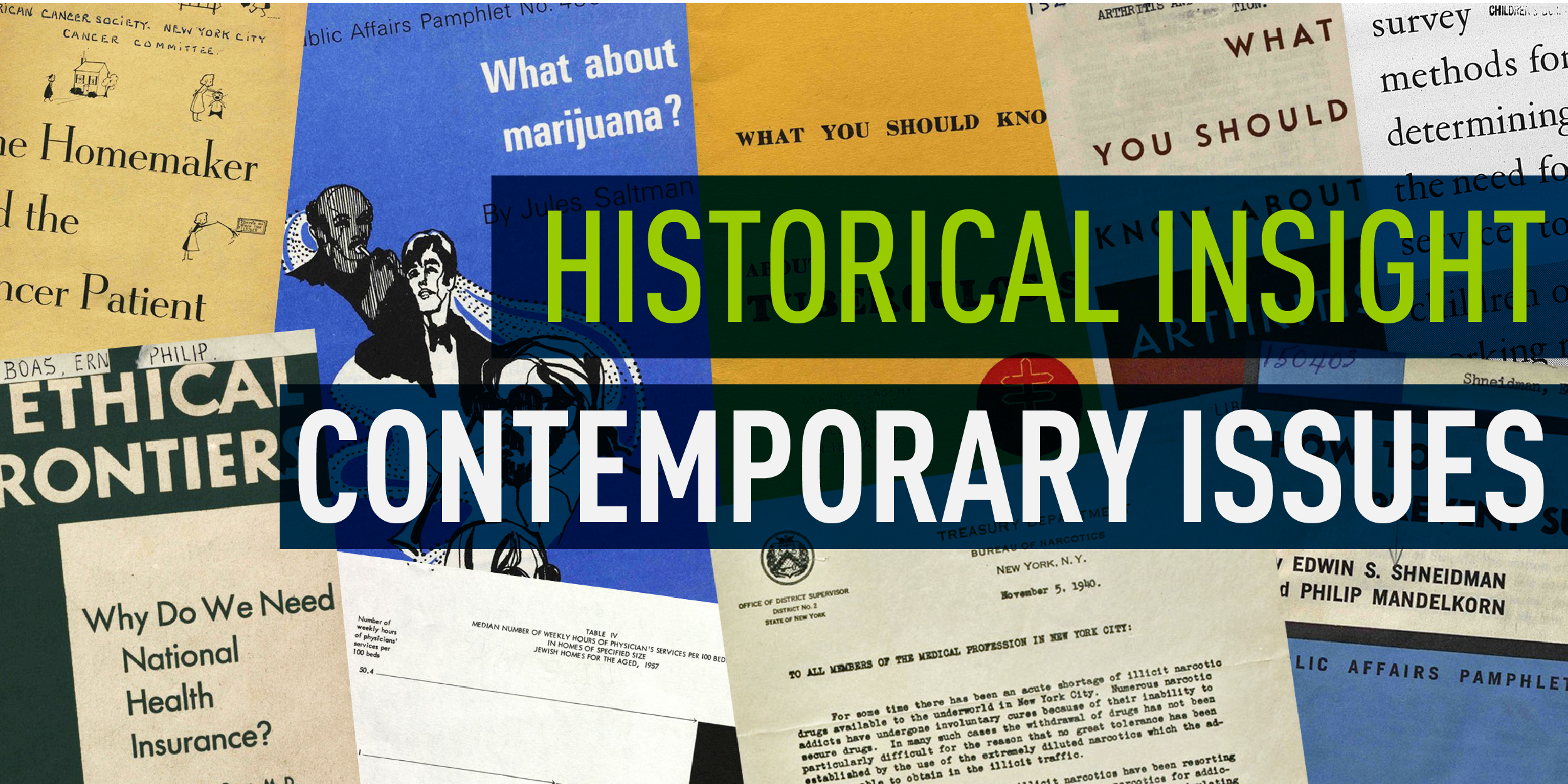| By Bennett Graff |
On March 23, 2010, after 18 months of contentious debate and politicking, the Affordable Care Act, commonly referred to as the ACA or Obamacare, was signed into law. So controversial was the act that after the 2010 midterm elections, from 2011 to 2017, there were 70 attempts by Congress to repeal, modify, or curb the ACA in some form or another.
The ideas behind the Affordable Care Act, however, have a far deeper history than most realize. Many scholars will point to the work done during the Clinton administration’s health care plan in 1993, when Hillary Clinton took charge of the national task force that would formulate much of the basis of the Affordable Care Act. But even that task force reflected the work of predecessors among the many municipal, state, regional, and national health agencies, along with advocates of the previous decades, who had sought to address the many challenges presented by the public health needs of Americans.
As part of Gale’s Public Health Archive, the collection Public Health in Modern America, 1890-1970, tells the story of the work of those predecessors and the early to late twentieth-century public health system in the United States through correspondence, reports, pamphlets, ephemera, and much more. It documents the evolution of public health legislation, policies, and campaigns at local, national, and federal levels, opening for researchers a new window on the roles played by key organizations and individuals to advance public health practices and outcomes.
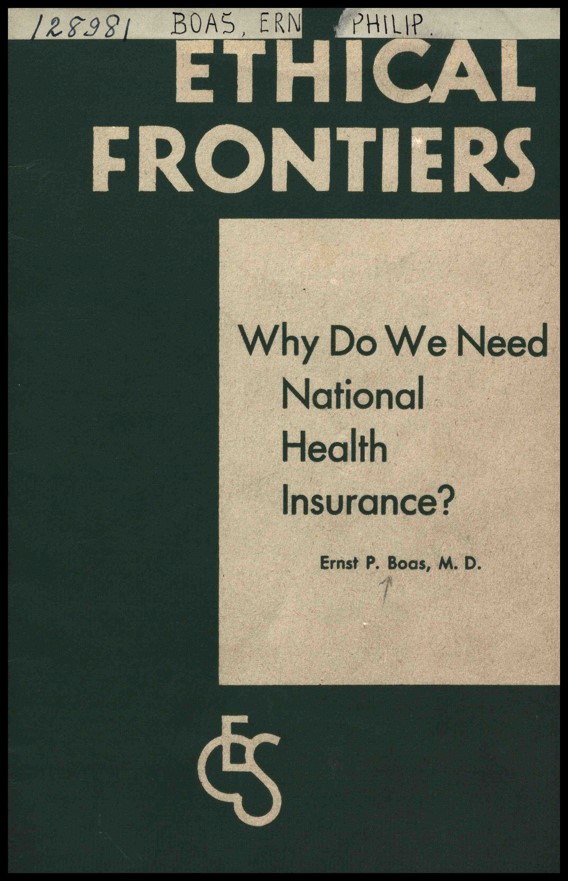
Through the lens of public health, this collection also tells a tale of twentieth-century urbanization and industrialization; the rise of public advocacy and impact of legislation at various levels; the transformation of domestic life; the role of the state in the care of its populations; the challenges presented by differences of and social attitudes respecting race, ethnicity, gender, citizenship, age, ability, and class; and finally, the means, methods, and mechanisms for organizing and financing public health policy initiatives.
The way Public Health in Modern America, 1890–1970, explores different aspects of the public health experience is through the various collections it brings together. At the most general level, scholars in the fields of American history, American studies, history of science and medicine, public health studies, sociology, political science, psychology, and economics can profitably begin their explorations by surveying the more than 2,000 rare public health pamphlets from the late nineteenth century to the end of the 1960s. Among these, researchers interested in the “public face” of public health policy and practice will find works authored by departments of health, hospitals, national foundations, and a vast array of associations pitched to professional practitioners, patients, and the public on such topics as the issues around public welfare, safety, and education; sex and sexuality; smoking, alcoholism, and drug addiction; social insurance and national health insurance programs; and mental health conditions, prevention, and treatment.
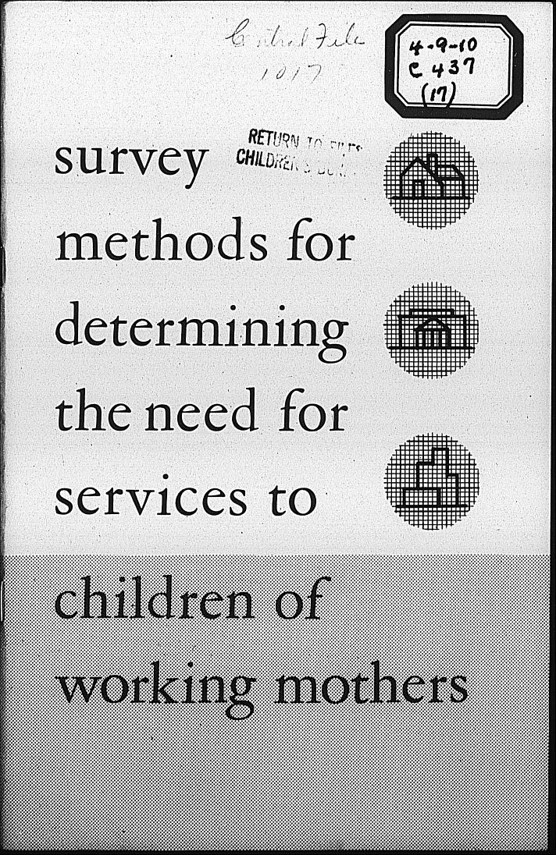
For those focused on the relationship between the many issues in public health and the effort to address them effectively and efficiently within the context of public health systems, scholars will find the “Library of Social and Economic Aspects of Medicine from Michael M. Davis” to be one of the most remarkable gatherings of materials on this topic. Reflecting the lifelong work of one of the most active and well-placed actors in the fight for a national health care plan from the end of the Great Depression well into the 1960s, this collection of over 400,000 pages of content focuses on such matters as medical economics and sociology, medical care in the United States, legislation and legal aspects, and the role of key organizations and personalities. Researchers will discover how wide a net has been cast by more than 3,000 research files, covering sometimes comprehensively the behind-the-scenes research and policy debates that circulated around national health policy in the United States from the 1910s into the 1960s.
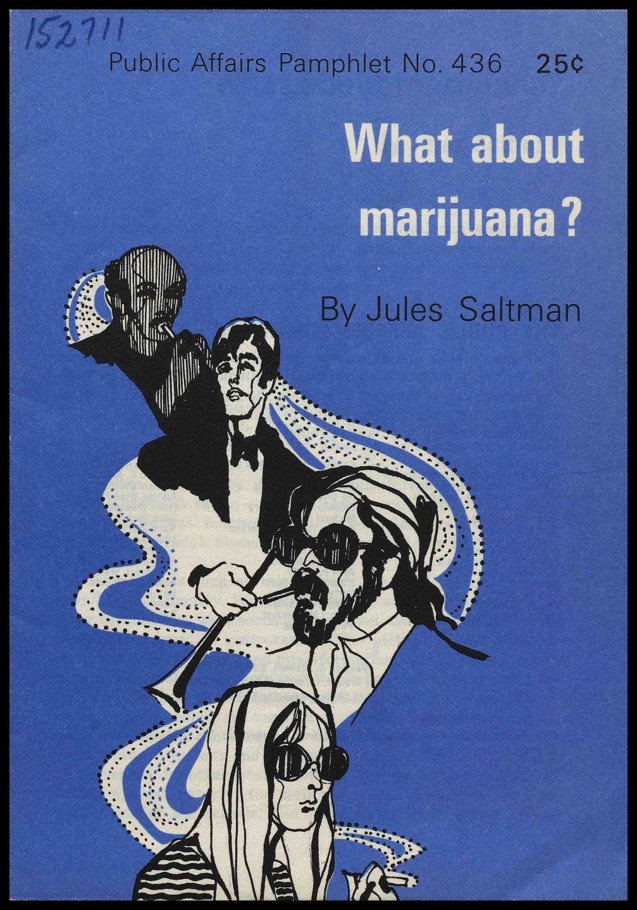
Public Health in Modern America, 1890–1970, also offers collections with a narrower focus for those seeking to examine public health policy making and programming in action. The first of these collections is that of the Committee on Public Health of the New York Academy of Medicine, which from its inception in 1911 worked closely with New York’s Health Department. The committee’s work of gathering information from local, national, and even international figures, organizations, and authorities supplies the nearly 54,000 pages of correspondence, unpublished reports, and minutes. Scholars will find here on-the-ground exchanges of information on such topics as abortion, addiction, aging, blindness, blood donation, child labor, community medical care, convalescent care and rehabilitation, drug use, eugenics, group medicine, health insurance, homosexuality, marijuana use, mental health care, milk health and safety, neighborhood health campaigns, nutrition, occupational therapy, prisons and prostitution, and public sanitation.
The second collection, “Records of the Children’s Bureau: Maternal and Child Health, 1912–1969,” sourced from the National Archives Records Agency (NARA), covers a broad portion of the work of this subdivision of this storied agency. The Children’s Bureau was the first federal agency within the U.S. Government—and in fact, the world—to focus exclusively on improving the lives of children and families. The Children’s Bureau tackled some of the nation’s most pressing social issues, including infant and maternal death, child labor, orphanages, child health and recreation, delinquency and juvenile courts, family economic security, abused and neglected children, and foster care. This collection includes, among other things, the progress reports on maternal and child health for all U.S. states and Puerto Rico from the years 1936 through 1942 (a total of roughly 350 reports for that critical period in American public health history). Researchers will also find state-level statistical reports for the Bureau’s “Crippled Children’s Program” from 1948 through 1953, its “Report of Activities in Nutrition Services” from selected states for 1937–1940, and statements by the Bureau staff at Congressional hearings (esp. 83rd–87th sessions, 1953–1961). Finally, the collection features articles, correspondence, reports, surveys, and other documentation addressing a vast array of issues related to maternal and childhood disease and illness, prevention and treatment, legislative action and enforcement, and health policy.
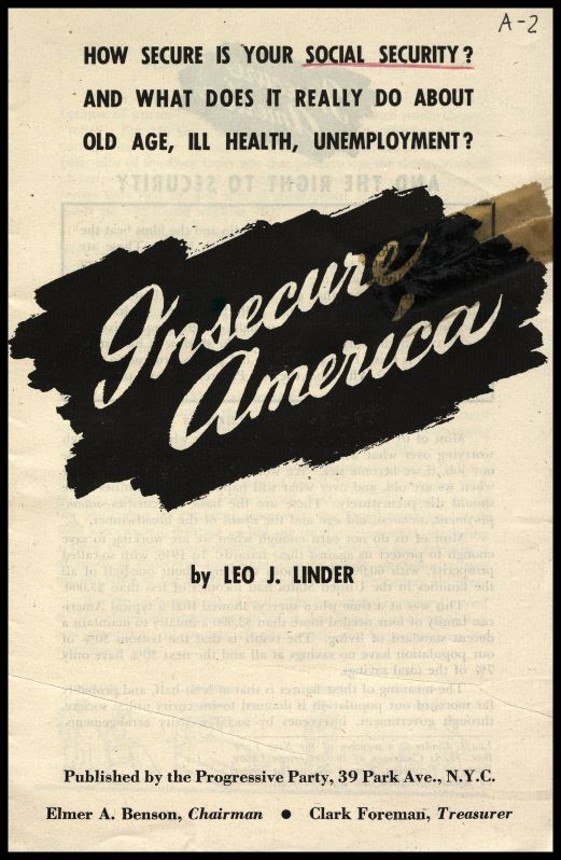
Bringing these rare materials together on to the Gale Primary Sources platform provides an abundance of new research opportunities and allows researchers to make previously undiscovered connections. Cross searching this collection with other Gale Primary Sources collections, such as Archives of Sexuality & Gender and Women’s Studies Archive, reveals the importance of addressing health care with an intersectional perspective. Interdisciplinary in its nature, this collection contains material relevant for every field of study. This timely collection has direct application to current debates to contextualize today’s headlines and will have relevance for decades to come. We can’t wait to see the insights researchers unlock.
For more information or to request a trial, visit Public Health in Modern America, 1890–1970.
Trava Mista Cano Alto
